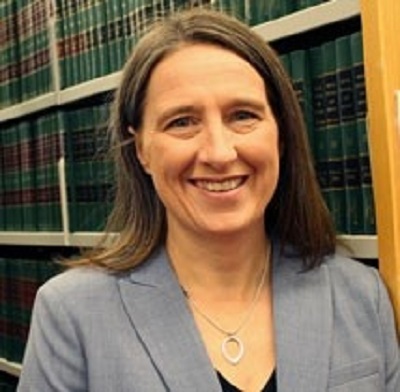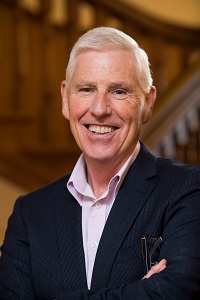The Racket About Padel: Newhouse Students Partner With Global Media Firm to Track Rise of Sport
Why all the racket about Padel? Students and faculty in the Newhouse School of Public Communications collaborated with a global communications consulting firm to release a report about the emerging sport’s rapid rise in popularity. The report, “Celebrities, Community, Content,…



